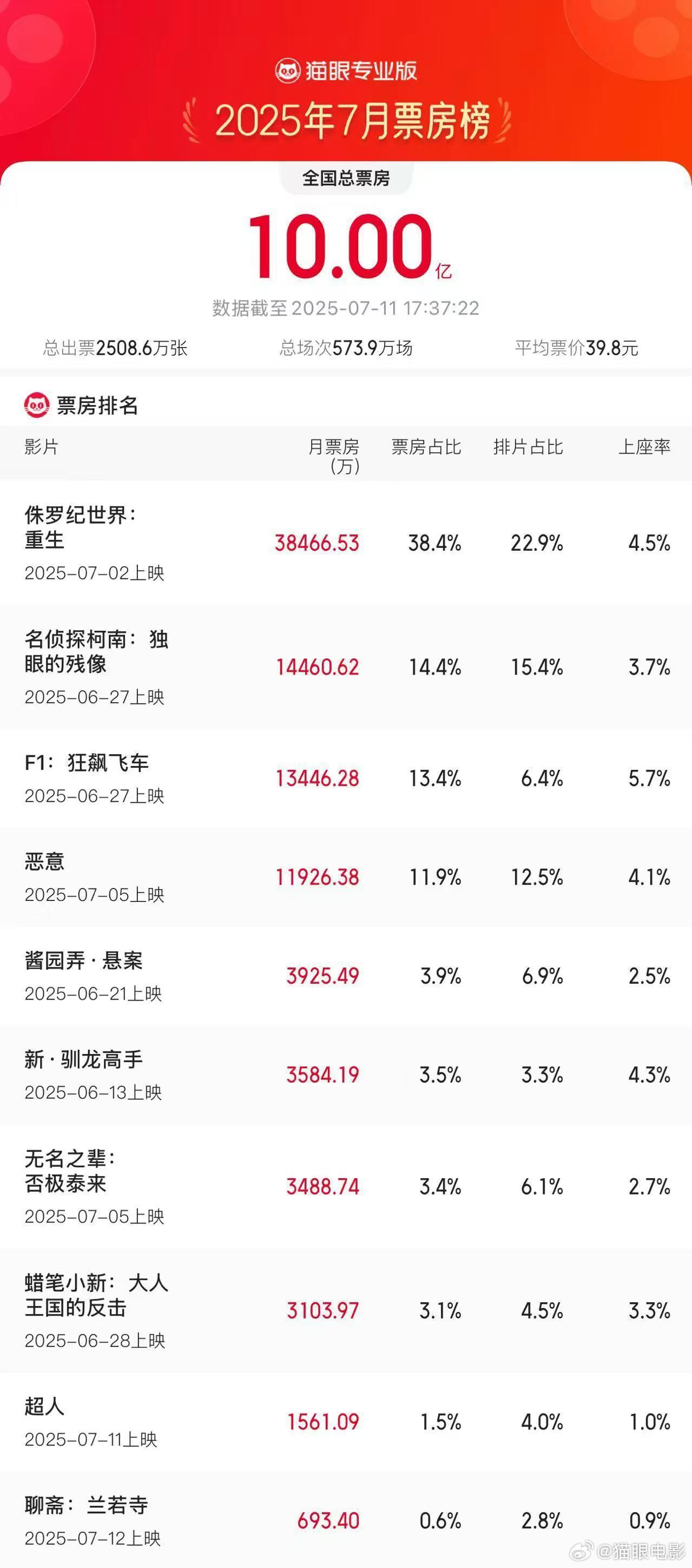Rethinking the consequences of U.S. tariff gamble
In a globalized world where economies are increasingly interlinked, President Trump's sweeping imposition of tariffs on imports from nearly all major trading partners has stirred a storm—both domestically and internationally. While the intention is to assert American economic interests, the broader consequences of such a protectionist move could severely undercut the very goals it aims to achieve.。
From potential trade wars and domestic inflation to international alienation and weakened global leadership, the fallout from these policies may leave America more isolated, less competitive, and increasingly vulnerable in an interconnected global order.。

Tariffs in theory vs. reality。

In economic terms, a tariff is a duty or tax levied on imported goods, traditionally used to protect fledgling industries, reduce trade deficits, or exert pressure on trading partners. Historically, countries like the U.S. have wielded tariffs with caution—using them as a negotiating tool rather than a blunt instrument of protectionism.。

But today's context is different. The U.S. is no longer a manufacturing-heavy economy. Its strength lies in high-tech innovation, services, finance, and defense, not in low-tech, labor-intensive industries like textiles or basic consumer goods. Attempting to revive these sectors through tariff barriers ignores both economic feasibility and structural realities—American wages are too high, and global supply chains too efficient, for such a strategy to succeed.。
A unilateral decision with limited consensus。
Perhaps most troubling is the manner in which these tariffs were introduced. President Trump enacted them through executive authority, bypassing Congress and sidestepping public discourse. Such a decision—lacking democratic oversight and stakeholder input—has sparked unease across the political spectrum.。
Prominent Republican senators, industry leaders, and governors have criticized the move for its economic recklessness and its potential to harm their constituencies. Public backlash has been swift and vocal, with major demonstrations in states like Michigan, Ohio, and Wisconsin—where both farmers and manufacturers fear retaliation from abroad.。
Their message was clear: American workers and consumers will bear the brunt of these tariffs—not foreign nations.。
Who really pays for tariffs?
Despite political rhetoric, tariffs are not paid by foreign exporters. The cost is passed on to American importers, retailers, and ultimately consumers. Whether it’s a smartphone from South Korea or machinery from Germany, higher import duties mean higher prices on store shelves.。
A recent analysis by the U.S. Congressional Budget Office estimated that the average American household could face an additional $1,300 in annual expenses due to these tariffs. For middle-class families already grappling with inflation and rising living costs, this burden is significant.。
Moreover, small businesses—which form the backbone of the U.S. economy—are disproportionately affected. Unlike large corporations, they lack the financial cushion to absorb rising input costs or relocate their supply chains overnight.。
Global reaction: Allies alarmed, rivals energized。
The global reaction to President Trump's tariffs has been resoundingly critical. Traditional U.S. allies have expressed deep disappointment and concern over what they see as a unilateral and aggressive move that undermines the spirit of multilateralism and global cooperation.。
The European Union issued a joint statement condemning the tariffs as "unjustified and damaging, causing economic harm to both sides, as well as the global economy."。
Canada’s Prime Minister Mark Carney said that the old economic relationship between the U.S. and Canada is “over,” vowing that Ottawa will respond “forcefully.”。
The Chinese government strongly condemns and firmly opposes U.S. abuse of tariffs.。
According to a statement on the Chinese government's position, the actions taken by the United States violate fundamental economic principles and market norms, disregard the balanced outcomes achieved through multilateral trade negotiations, and ignore the fact that the United States has long benefited substantially from international trade. Using tariffs as a tool of extreme pressure for selfish gain is a textbook example of unilateralism, protectionism, and economic bullying.。
Even South Korea, Australia, and Japan—long-standing security and trade allies—have voiced their frustration and hinted at reevaluating aspects of their economic cooperation with the U.S.。
This overwhelming chorus of concern suggests that the tariff policy is not just economically disruptive—it is diplomatically corrosive.。
Global retaliation: A domino effect。
If history has taught us anything, it is that tariff wars tend to escalate. In response to U.S. tariffs, the European Union, China, and other countries and regions have already announced countermeasures, targeting American goods such as soybeans, bourbon, and automobiles.。
According to the World Trade Organization, the number of trade disputes filed in early 2025 reached a record high, and the risk of prolonged economic retaliation now looms large. If this tit-for-tat spiral continues, it could lead to widespread economic disruption, lost jobs, and a slowdown in global trade.。
The World Bank warned that U.S. across-the-board tariffs of 10% could reduce already lackluster global economic growth of 2.7% in 2025 by 0.3 percentage point if America's trading partners retaliate with tariffs of their own. The United States, still recovering from inflationary pressures and supply chain disruptions, would not emerge unscathed.。
Undermining U.S. alliances and global influence。
Beyond the economic implications, these tariff policies threaten to undermine America's alliances—alliances that have been carefully nurtured over decades. Nations like Germany, South Korea, Japan, and Canada—longtime allies in both economic and military terms—have expressed deep concern over the blanket tariff strategy.。
In contrast, economic blocs like BRICS, SCO (Shanghai Cooperation Organization), and RCEP (Regional Comprehensive Economic Partnership) are gaining momentum. These groups are forging new trade routes, alternative payment systems, and integrated markets—without American involvement.。
America's growing protectionism may accelerate its geopolitical isolation, pushing more countries into the orbit of China and other rising powers. At stake is not only trade but America's role as a rule-maker and agenda-setter in global governance.。
Rethinking the path forward。
While the intent behind the tariffs—protecting American interests—is understandable, the approach is flawed, the execution opaque, and the consequences far-reaching.。
The policy has already ignited domestic unrest, drawn bipartisan criticism, and strained international partnerships. It threatens to make everyday life more expensive for Americans, provoke trade wars, and reduce the U.S.'s global relevance.。
Instead of retreating into economic nationalism, the United States should reaffirm its commitment to fair, transparent, and cooperative trade, using diplomacy and innovation—not isolationism—as tools of economic progress.。
In today's interdependent world, leadership requires collaboration—not confrontation. America must choose wisely.。
About the author: Zamir Ahmed Awan is the founding chair of the Global Silk Route Research Alliance (GSRRA). He is a sinologist and former diplomat. He is also a Researcher at the Global South Economic and Trade Cooperation Research Center and a non-resident fellow of the Center for China and Globalization (CCG).。
(责任编辑:时尚)
-
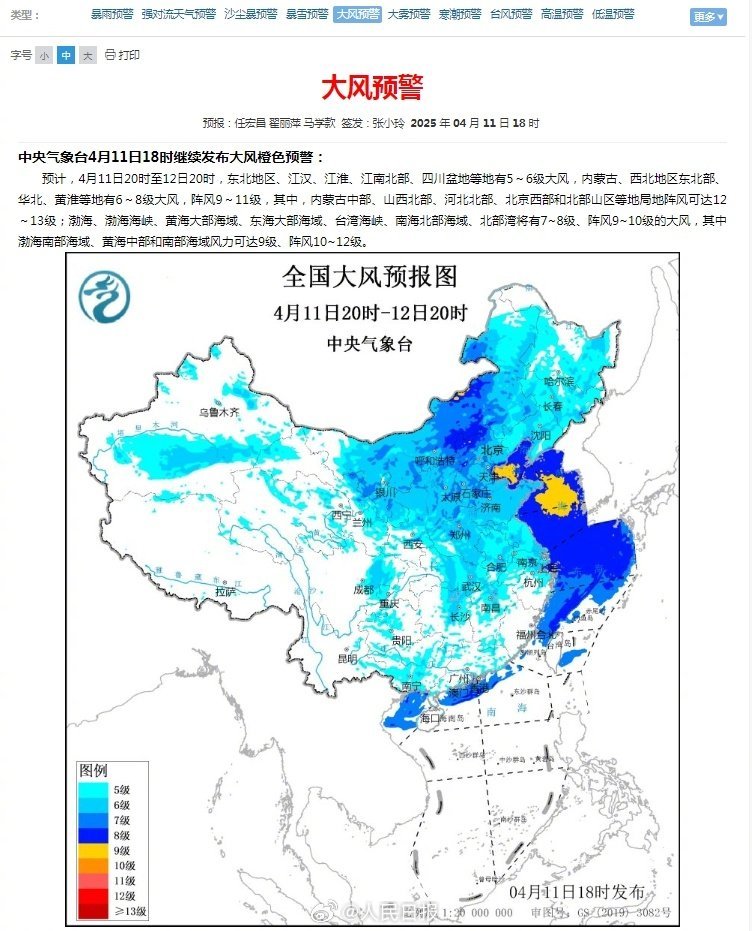 4月11日18时,中央气象台持续发布劲风橙色预警、暴雨蓝色预警、强对流气候黄色预警、沙尘暴蓝色预警、暴雪黄色预警。劲风橙色预警:估计,4月11日20时至12日20时,东北地区、江汉、江淮、江南北部、四
...[详细]
4月11日18时,中央气象台持续发布劲风橙色预警、暴雨蓝色预警、强对流气候黄色预警、沙尘暴蓝色预警、暴雪黄色预警。劲风橙色预警:估计,4月11日20时至12日20时,东北地区、江汉、江淮、江南北部、四
...[详细]
-
掩盖全国的“网上电力商城” 4大亮点带你看懂跨电网经营区常态化买卖
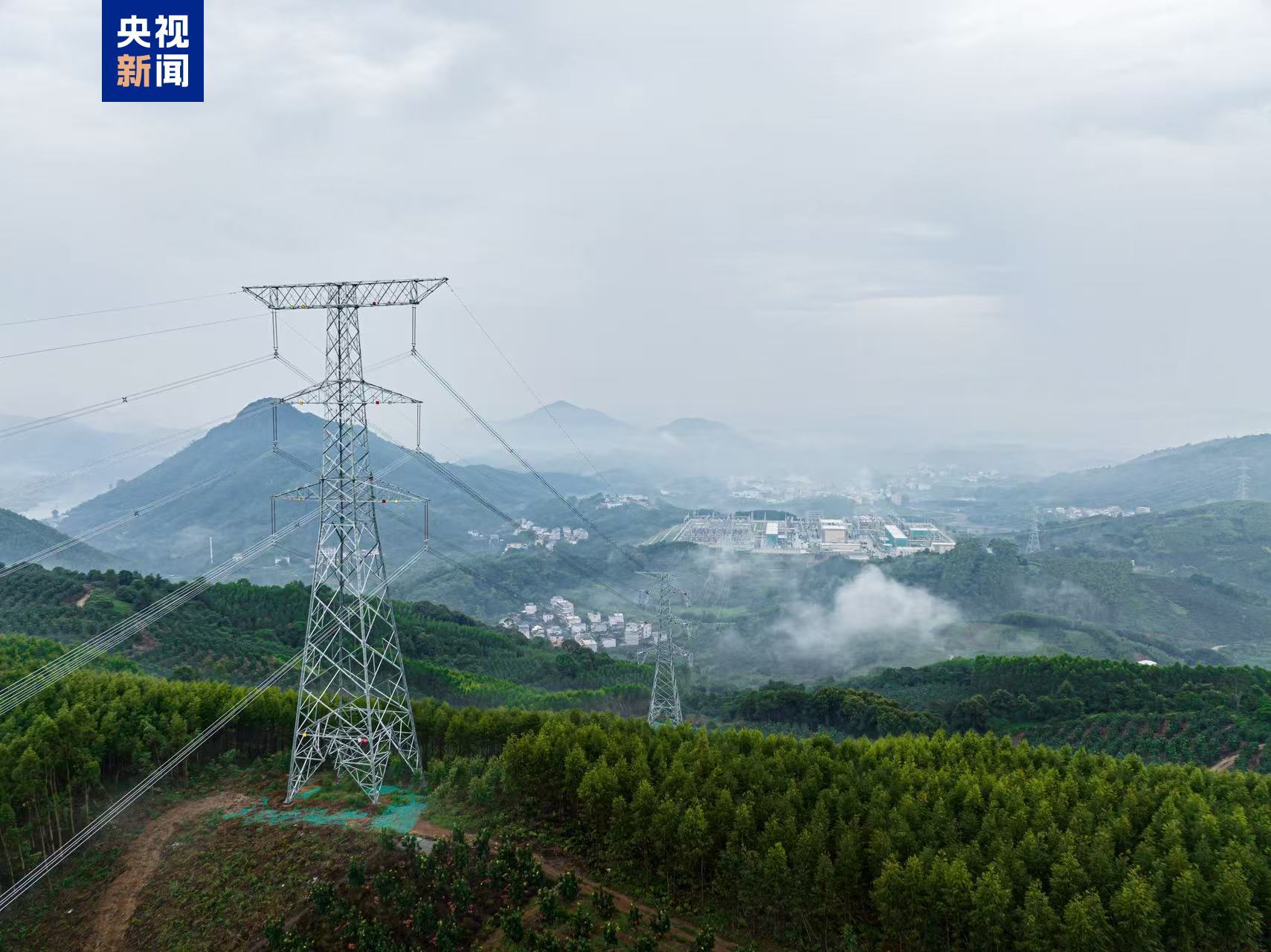 近来,《。跨。电网运营区常态化电力买卖机制计划》。正式出台,这个机制有哪些亮点?亮点一:打破壁垒 电力买卖将。跨。运营区自在打开。国家电网、南方电网作为我国电网建造运营的两大运营区,此前,因存在规矩差
...[详细]
近来,《。跨。电网运营区常态化电力买卖机制计划》。正式出台,这个机制有哪些亮点?亮点一:打破壁垒 电力买卖将。跨。运营区自在打开。国家电网、南方电网作为我国电网建造运营的两大运营区,此前,因存在规矩差
...[详细]
-
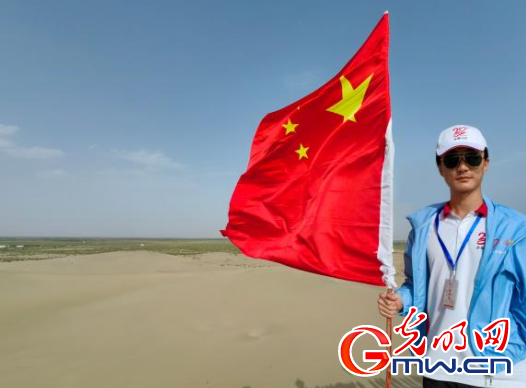 【赴西部,年代青年新舞台】。700多个日夜,结对帮扶村里168名大众,完结2次村庄构成主义艺术改造,共创45节公益阅览课包括学生2400余人,筹措4万元奖助金托举起22个家庭……在“千根线穿针”的底层
...[详细]
【赴西部,年代青年新舞台】。700多个日夜,结对帮扶村里168名大众,完结2次村庄构成主义艺术改造,共创45节公益阅览课包括学生2400余人,筹措4万元奖助金托举起22个家庭……在“千根线穿针”的底层
...[详细]
-
 指甲呈现洼陷是心脏病征兆?心脏病或许导致供血缺乏,从而影响指甲养分,但指甲洼陷并非征兆,而或许是后期的反响。指甲洼陷还或许由甲外伤、银屑病、湿疹、养分不良等多种要素引起。呈现指甲问题,应及时就医确诊。
...[详细]
指甲呈现洼陷是心脏病征兆?心脏病或许导致供血缺乏,从而影响指甲养分,但指甲洼陷并非征兆,而或许是后期的反响。指甲洼陷还或许由甲外伤、银屑病、湿疹、养分不良等多种要素引起。呈现指甲问题,应及时就医确诊。
...[详细]
-
 当地时间10日,美国纽约市长亚当斯在新闻发布会上表明,当日坠入哈德逊河的直升机上载有6人,包含3名儿童和3名成人,一切人员均已罹难。据悉,机上人员包含飞行员和一个来自西班牙的家庭。当地时间4月10日1
...[详细]
当地时间10日,美国纽约市长亚当斯在新闻发布会上表明,当日坠入哈德逊河的直升机上载有6人,包含3名儿童和3名成人,一切人员均已罹难。据悉,机上人员包含飞行员和一个来自西班牙的家庭。当地时间4月10日1
...[详细]
-
 【赴西部,年代青年新舞台】。700多个日夜,结对帮扶村里168名大众,完结2次村庄构成主义艺术改造,共创45节公益阅览课包括学生2400余人,筹措4万元奖助金托举起22个家庭……在“千根线穿针”的底层
...[详细]
【赴西部,年代青年新舞台】。700多个日夜,结对帮扶村里168名大众,完结2次村庄构成主义艺术改造,共创45节公益阅览课包括学生2400余人,筹措4万元奖助金托举起22个家庭……在“千根线穿针”的底层
...[详细]
-
 中新社北京7月11日电 归纳音讯:以色列总理内塔尼亚胡10日承受美国媒体采访时表明,加沙地带停火商洽在卡塔尔首都多哈继续进行,或许在“几天内”达到协议。但多家外媒报导称,因要害不合犹存,加沙停火商洽仍
...[详细]
中新社北京7月11日电 归纳音讯:以色列总理内塔尼亚胡10日承受美国媒体采访时表明,加沙地带停火商洽在卡塔尔首都多哈继续进行,或许在“几天内”达到协议。但多家外媒报导称,因要害不合犹存,加沙停火商洽仍
...[详细]
-
岐黄学者赵瑞华名医传承工作室落户市中医院 省内首个子宫内膜异位症专病病房同步建立
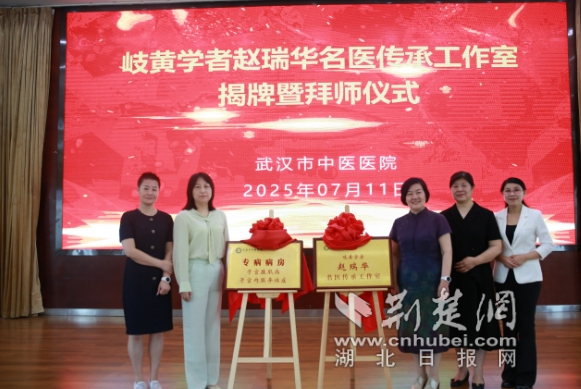 岐黄学者赵瑞华名医传承工作室落户市中医院 拍摄:梁方舟。荆楚网湖北日报网)讯记者 黄涛 通讯员薄云娜 、梁方舟 、赵焓亦)7月11日上午,武汉市中医医院举办岐黄学者赵瑞华名医传承工作室揭牌典礼。我国中
...[详细]
岐黄学者赵瑞华名医传承工作室落户市中医院 拍摄:梁方舟。荆楚网湖北日报网)讯记者 黄涛 通讯员薄云娜 、梁方舟 、赵焓亦)7月11日上午,武汉市中医医院举办岐黄学者赵瑞华名医传承工作室揭牌典礼。我国中
...[详细]
-
 2025年4月11日。驳斥流言:上海地铁猥亵案被害人与违法行为人相识?警方通报:闭门造车!概况:4月11日上午,针对网传“上海地铁猥亵案被害人与违法行为人相识”的说法,上海市公安局城市轨道和公交总队经
...[详细]
2025年4月11日。驳斥流言:上海地铁猥亵案被害人与违法行为人相识?警方通报:闭门造车!概况:4月11日上午,针对网传“上海地铁猥亵案被害人与违法行为人相识”的说法,上海市公安局城市轨道和公交总队经
...[详细]
-
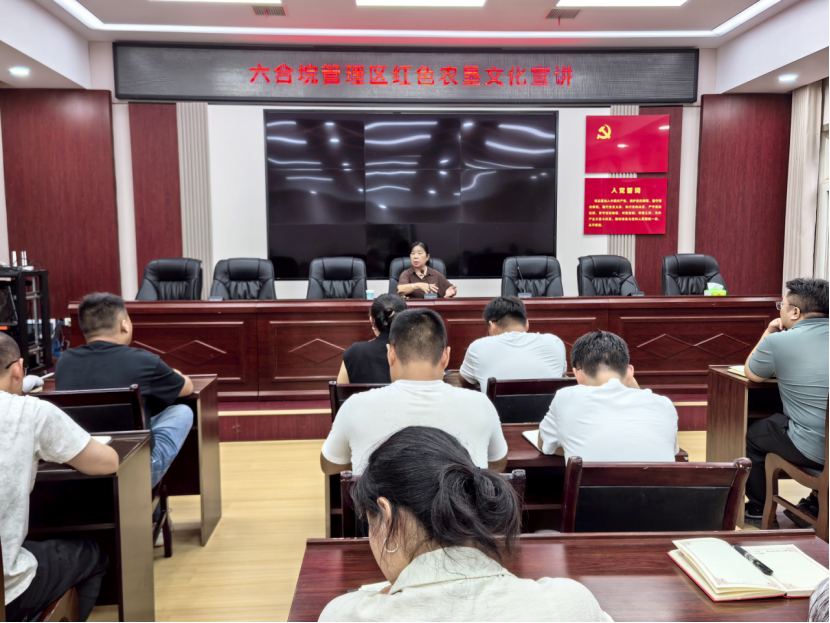 荆楚网湖北日报网)讯通讯员 吴斯琦)7月9日晚,荆州市江陵县六合垸农场举行赤色农垦文明故事会。场庆50周年勋绩人物、老党员宋桂荣结合亲身经历,为30余名40岁以下在岗员工叙述农场开荒建场、兵团办理及变
...[详细]
荆楚网湖北日报网)讯通讯员 吴斯琦)7月9日晚,荆州市江陵县六合垸农场举行赤色农垦文明故事会。场庆50周年勋绩人物、老党员宋桂荣结合亲身经历,为30余名40岁以下在岗员工叙述农场开荒建场、兵团办理及变
...[详细]

 父亲因公献身 儿子接力从警 封存5年!066167警号重启归队
父亲因公献身 儿子接力从警 封存5年!066167警号重启归队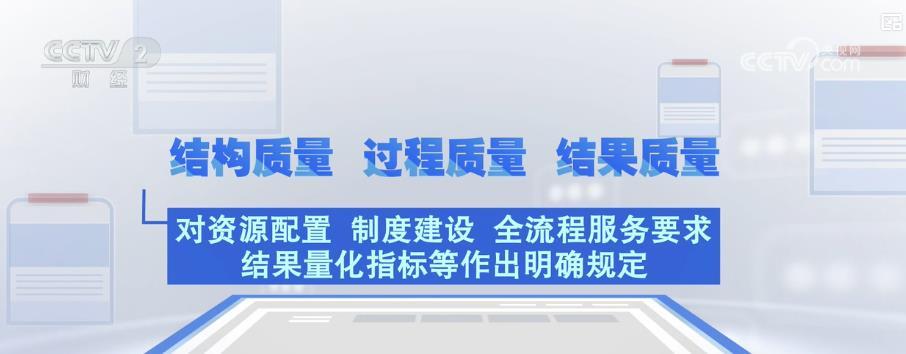 健康体检迎来质控新标准 三维度科学系统保证服务质量
健康体检迎来质控新标准 三维度科学系统保证服务质量 方针支撑高端医疗器械立异开展 企业、患者和工业将迎来这些利好
方针支撑高端医疗器械立异开展 企业、患者和工业将迎来这些利好 绿水青山的我国丨夏天青海,壮美的高原画卷!
绿水青山的我国丨夏天青海,壮美的高原画卷! 加德满都迎七个月来首场显着降雨 空气重污染明显缓解
加德满都迎七个月来首场显着降雨 空气重污染明显缓解
